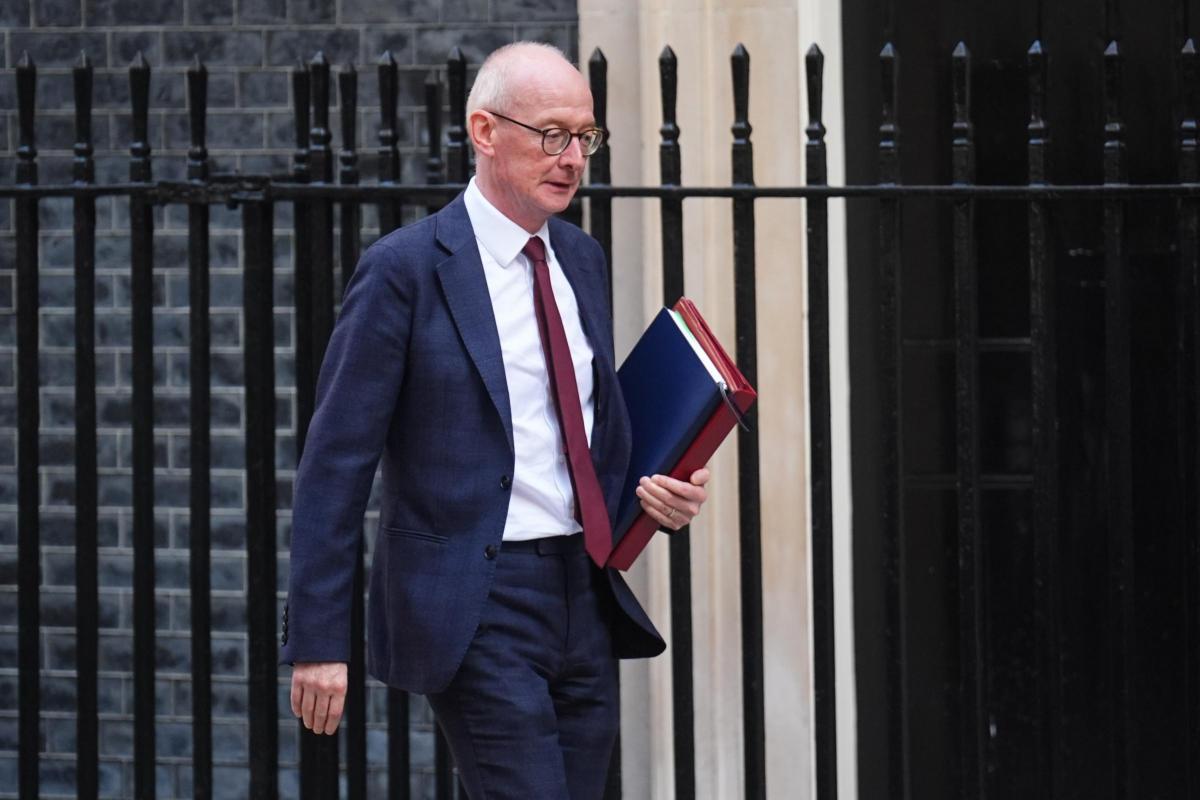Tens of thousands of people with mental health conditions, bad backs or high blood pressure are among those to be offered targeted DWP skills and employment support.
This is part of a scheme that sees the redeployment of 1,000 specialist Jobcentre staff to help those on sickness benefits into work.
Specialist Jobcentre staff redeployed to give skills and employment support to tens of thousands of people with no requirement to look for work.
They will work with claimants, signposting them to employment and skills services, such as IT and HGV driving, Government funded Connect to Work support, or on the job training in some key sectors including construction and hospitality.
The DWP says every Jobcentre in England, Wales, and Scotland is now covered with Pathways to Work advisers, who aim to support 65,000 people this financial year.
Will the scheme be compulsory?
The DWP says it is “voluntary help” for people on Universal Credit with no requirement to look for work or engage with job help because of their condition – and that it is the first ever national offer to support this group.
The work coaches – known as Pathways to Work advisers – are now based in every Jobcentre in England, Wales, and Scotland – fulfilling the commitment made by the Government in March to ramp up efforts to get more people into work, with a target to help 65,000 people with Limited Capability for Work and Work Related Activity (LCWRA) by the end of this financial year.
Recent data shows around 2.2 million people are on the country’s main benefit, told they’re too sick to work – with approximately 1.3 million because of a mental illness and 900,000 with back pain, arthritis, and other musculoskeletal conditions.
Work and Pensions Secretary Pat McFadden says: “I’m determined to give people the skills they need to thrive in the modern economy, and help them move into good, secure jobs.
“These dedicated staff are key to unlocking work for tens of thousands of people as we get on with our plan to get Britain working, ensure our welfare system is fit for the future and deliver economic growth, as part of our Plan for Change.”
How will the scheme work?
The offer is voluntary and will be made to LCWRA claimants via their Universal Credit journal with tailored appointments taking place monthly.
More than 10,000 people have taken up the offer so far, with thousands more expected over the coming weeks.
Those with the most severe and lifelong health conditions, and those treated under Special Rules End of Life will not be contacted.
Recommended reading:
The advisers use this additional time to provide tailored support and activities to support the claimants’ progress. This includes helping individuals identify and overcome obstacles which may be stopping them from moving towards or into work.
Support could include being directed to Government employment support programmes like Connect to Work, which provides personalised job-search assistance, employer engagement and on and off the job support, or WorkWell, which combines medical help with career guidance.
They may also be signposted to work placed training schemes in sectors including construction, hospitality, and manufacturing, or offered skills training in programmes such as IT or HGV driving.
